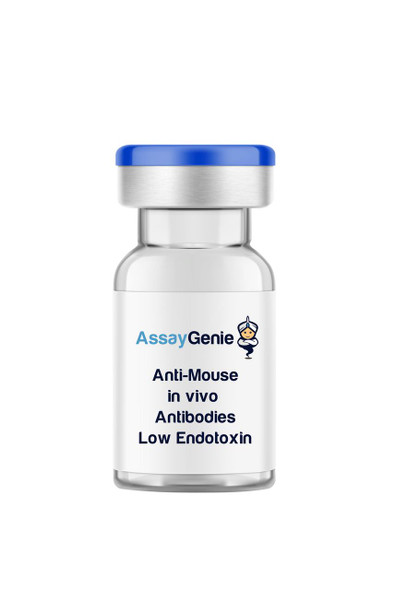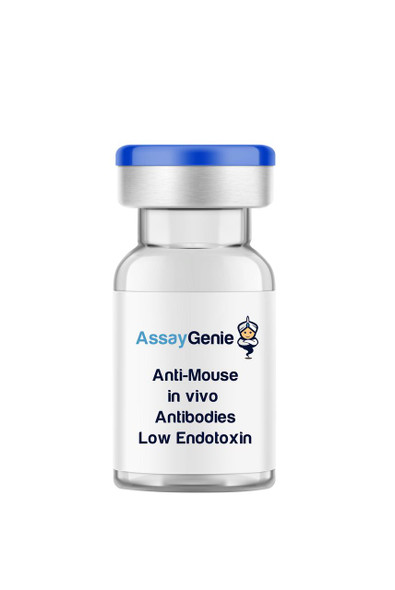CD105 (endoglin) is a TGF-β superfamily co-receptor that promotes angiogenesis, is involved in endothelial integrin-mediated mural cell and leukocyte adhesion, antagonizes TGF-β mediated ERK activation, is essential to the immune response of macrophages, regulates trophoblast differentiation and invasion during pregnancy, promotes T-cell proliferation, and regulates differentiation and collagen expression in myofibroblasts1. CD105 is dysregulated in the vasculature of multiple diseases including cancer, preeclampsia, and hereditary hemorrhagic telangiectasia. Additionally, increased soluble CD105 is associated with numerous cardiovascular pathologies and metabolic disorders with some CD105 polymorphisms being associated with increased risk of cardiovascular damage. CD105 is an effective marker of the tumor vasculature and is a target for early cancer diagnosis and antiangiogenic therapies.
CD105 is alternatively spliced, resulting in both long (L-endoglin) and short (S-endoglin) forms1. The predominant isoform, L-endoglin, promotes the proliferation and migration of endothelial cells via enhanced ALK1-Smad1/5 signaling and is the presumed isoform when not specified in the literature. In contrast, S-endoglin enhances ALK5-Smad2/3 signaling. Endoglin has specific receptor-ligand interactions between type I and type II TGF-β superfamily receptors when binding TGF-β superfamily ligands. Mouse CD105 has three separate regions of similarity to TGF-β receptor III but does not contain the RGD tripeptide found in human CD1052.
MJ7/18 was produced by immunizing rats with inflamed mouse skin and selecting for reactivity with endothelial cells2, 3. MJ7/18 predominantly stains vascular endothelial cells and is a marker of mouse endothelium2, 4.






